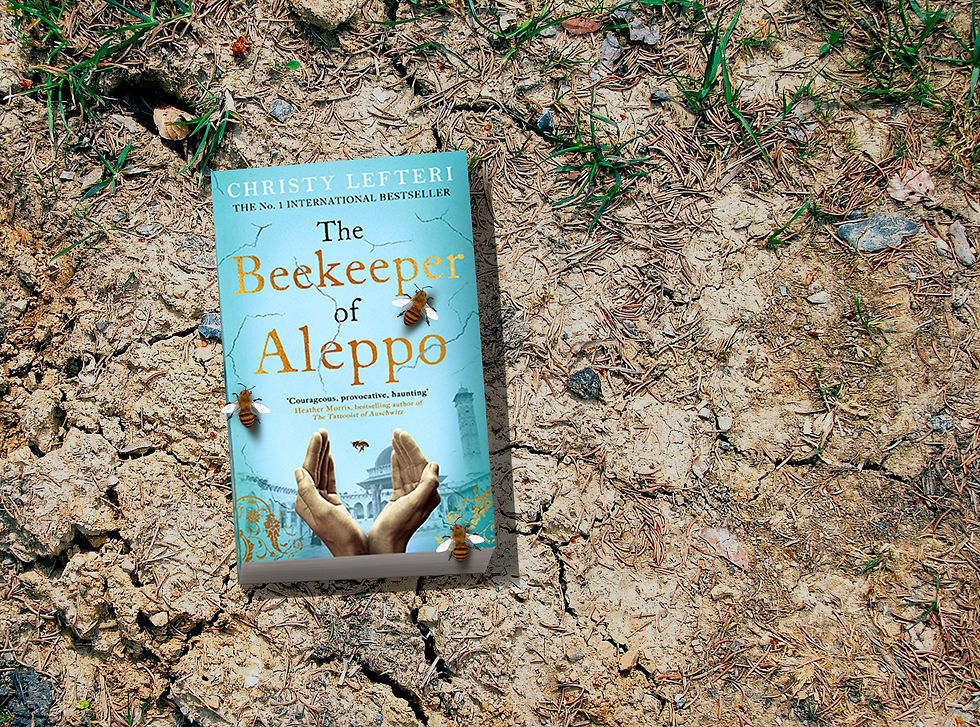Review 'The Beekeeper of Aleppo' by Christy Lefteri
- Dec 9, 2020
- 2 min read

The mid-2010s were dominated by stories and images of immigrants coming to Europe, with immigrants often being portrayed in the media as an endless wave of people. The Beekeeper of Aleppo’s success lies mainly in that the novel restores their individualism as well as a sense of humanity lost in the discussion around the European immigrant crisis. It does so by telling the story of beekeeper Nuri and his wife Afra: Syrian refugees who are forced to leave the rubbles of Aleppo and embark on a treacherous journey that lands them into the welcoming arms of British bureaucracy.
Lefteri’s novel beautifully manages to weave together past and present, and makes readers witnesses of the traumatic events that were at the centre of Nuri and Afra’s final years in Aleppo and their escape to Britain. The novel stands as an up-close, personal testimony of all those scarred and damaged (physically and mentally) in recent wars in, among others, Syria and Afghanistan.
In one of the many heart-wrenching scenes, Nuri’s precious beehives have been destroyed. Their death is not only a personal loss for Nuri but also symbolises the brutality and futility of war, which leaves nothing undestroyed. The bees, associated with life, were innocent, treated with the utmost care, love and compassion; but this didn’t prevent them from being brutally wiped out. With both his son and his bees dead, there’s nothing left anymore in Aleppo for Nuri to hold on to.
Despite this and other moments of at the core heartbreak, it was at times difficult for me to truly connect to Nuri as his grief and suffering were often described from a distance. This can be forgiven, though, when we consider that people without a similar experience might struggle to comprehend the extent of the trauma of war; that is, we can get a glimpse of it, but we’ll never fully understand it. To have been there is to be able to understand. At the same time, Nuri’s remoteness makes sense assuming he put up walls in order to avoid having to deal with his traumatic memories and hide them not only from himself and the people around him but for the readers, too.
During her time as a volunteer in a Greek refugee centre, Lefteri gained insight into the lives of unseen and unheard individuals. By telling the personal story of a family in The Beekeeper of Aleppo, Lefteri disrupts and tears apart the collective image of immigrants as a multitude. The novel is a timely tale of two people who lose everything in war, but it’s also a story of endurance. Somehow, Nuri and Afra are able to muster all their strength, willpower and courage to leave the ruins of their home behind. Their sacrifice grew out of necessity. Yet, despite everything there is hope: hope for a future, hope for new life and, in due time, hope for the ability to give their tremendous loss a place.
The Beekeeper of Aleppo describes with great sensitivity the beehives and its inhabitants, evokes a memory of Aleppo that’s not yet been marked by the recent civil war and bloodshed, and appeals to readers’ human decency and compassion. No matter your views on immigration and the refugee crisis, it’s hard not to be moved by Nuri and Afra’s story.




Comments